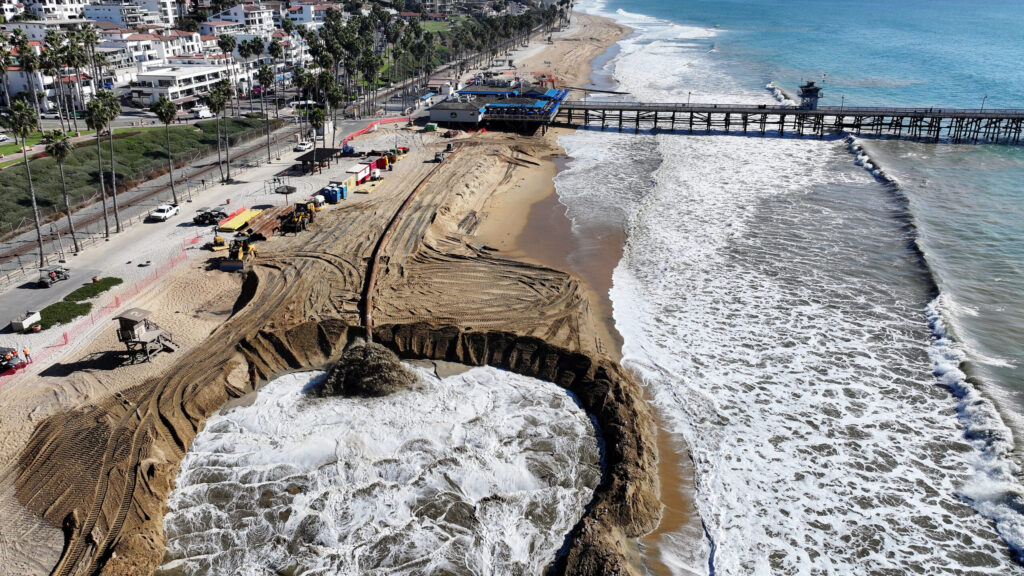“I think we’ve known for a long time that we’re interfering with the climate system in a very dangerous way,” he said. “And one of the points of our paper is to demonstrate that one part of the climate system, the ice sheets, are showing some very disturbing signals right now.”
Some of the most vulnerable places are far from any melting ice sheets, including Belize City, home to about 65,000 people, where just 3 feet of sea level rise would swamp 500 square miles of land.
In some low-lying tropical regions around the equator, sea level is rising three times as fast as the global average. That’s because the water is expanding as it warms, and as the ice sheets melt, their gravitational pull is reduced, allowing more water to flow away from the poles toward the equator.
“At low latitudes, it goes up more than the average,” Bamber said. “It’s bad news for places like Bangladesh, India, Vietnam, and the Nile Delta.”
Global policymakers need to be more aware of the effects of a 1.5° C temperature increase, Ambassador Carlos Fuller, long-time climate negotiator for Belize, said of the new study.
Belize already moved its capital inland, but its largest city will be inundated at just 1 meter of sea-level rise, he said.
“Findings such as these only sharpen the need to remain within the 1.5° Paris Agreement limit, or as close as possible, so we can return to lower temperatures and protect our coastal cities,” Fuller said.
While the new study is focused on ice sheets, Durham University’s Stokes notes that recent research shows other parts of the Earth system are already at, or very near, tipping points that are irreversible on a timescale relevant to human civilizations. That includes changes to freshwater systems and ocean acidification.
“I think somebody used the analogy that it’s like you’re wandering around in a dark room,” he said. “You know there’s a monster there, but you don’t know when you’re going to encounter it. It’s a little bit like that with these tipping points. We don’t know exactly where they are. We may have even crossed them, and we do know that we will hit them if we keep warming.”


